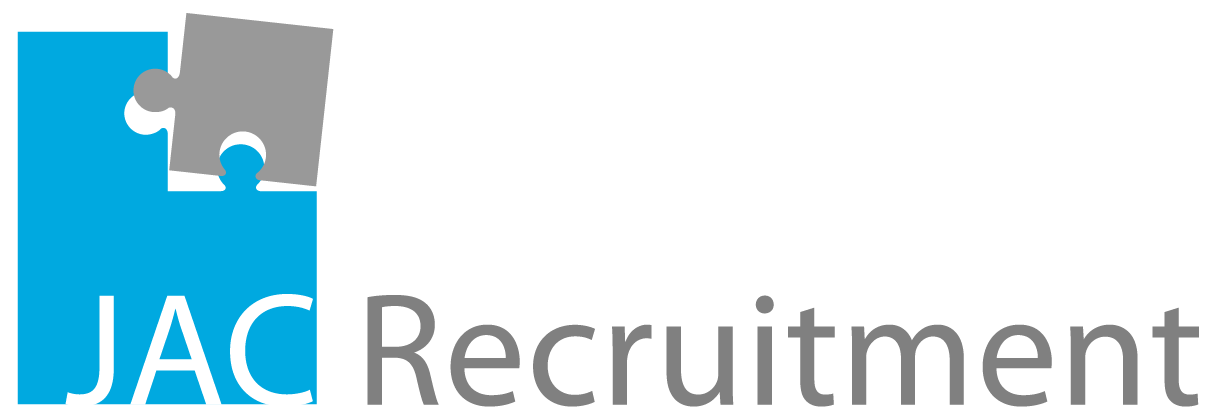When it comes to choosing between working at a start-up or a large enterprise, most people expect a checklist: structure vs speed, stability vs innovation, perks vs purpose.
But the real difference is not just in the size or reputation of the company, it is in how the environment shapes your growth, your mindset, and your career story.
1. Fit Isn’t Just Culture. It is Energy Alignment
We often talk about “culture fit” as if it is a list of shared values or office traditions. But the deeper question is: what kind of energy do you work best with?
Start-ups often thrive on urgency, experimentation, and ambiguity. You may be solving problems no one has defined yet, and direction can shift quickly. Some professionals find this energising, it sparks creativity and initiative. Others may find it draining over time, especially without clear boundaries or stability.
Enterprises, on the other hand, tend to offer more structure, defined processes, and layered support systems. The pace might feel slower, but it is deliberate. For some, this brings focus and clarity. For others, it may feel limiting.
Neither is right or wrong. The question is: what pace and rhythm suit your current mindset and stage of life?
2. The Skills You Build and How You Build Them
Career development looks different depending on the environment. A start-up might expose you to a wide range of responsibilities early on. You could be managing operations, marketing, and customer engagement all in one week. It is intense, fast paced, and highly hands-on.
At an enterprise, you might specialise more deeply, working with cross-functional teams and navigating complex stakeholder dynamics. You learn how to manage within systems, influence across departments, and see the ripple effects of small changes at scale.
Both are valuable, but they develop different kinds of professional muscles. One teaches you to stretch; the other helps you build depth.
3. How Risk and Reputation shape Your Career Story
A common concern among professionals is how working at a start-up or a large firm will “look” on their CV. But it is more nuanced than prestige or titles.
Start-up experience often signals agility, resourcefulness, and a willingness to take risks. It can highlight your comfort with the unknown, and your ability to build from scratch.
Enterprise experience, on the other hand, often communicates reliability, process thinking and an ability to thrive in complex organisational structures.
The key is not which is better, it is how it aligns with the story you are trying to tell. Your next employer or client will likely ask: “What did you learn from that experience, and how did you grow?”
4. Speed vs Sustainability: What Does Growth Mean to You?
At a start-up, growth often happens in bursts. You might move up quickly, change titles frequently, or shift focus as the company evolves. But the same speed can also bring instability – reorganisation, funding concerns, or shifts in leadership.
Enterprises tend to offer more predictability. Promotions may take longer, but they often come with defined learning pathways, clearer KPIs, and structured mentorship. The timeline may be slower, but the trajectory is often steadier.
Ask yourself: Do I want rapid exposure or long-term development? Am I looking to explore, or to deepen?
5. Culture is More Than Perks. It’s How Decisions Are Made
“Culture” is sometimes reduced to surface-level traits: open office layouts, remote policies, Friday drinks. But what defines culture more meaningfully is how people treat each other, especially during change or conflict.
Start-ups might offer more freedom, less hierarchy, and greater access to leadership. But with that comes a reliance on individual self-management. Structures for feedback, inclusion, or career growth may still be evolving.
Enterprises often have more established systems, such as formal reviews, structured diversity and inclusion efforts, and long-term benefits programs. But these structures can also mean more red tape or slower innovation.
A useful reflection: When something goes wrong, how does this organisation respond?
That is where culture shows itself most clearly.
6.Your Work-Life Equation Will Shift and That’s Okay
Your career is not lived in a vacuum. Family, finances, personal goals, all play a part.
At certain life stages, you might prioritise flexibility or financial security. At others, you might seek challenge, speed, or purpose. Start-ups may offer more room for experimentation. Enterprises may provide a stronger safety net. Both offer growth, but in different currencies.
Instead of asking “Which is better?”, consider: Which fits where I am right now?
And more importantly: Where do I want to grow next?
7. Impact vs Influence. What Drives You?
Start-ups often offer more immediate impact. You can see the effect of your work right away. Your contributions are visible and often essential to survival or growth.
In enterprises, your influence may be less visible but no less powerful. You might be shaping policies, improving systems, or influencing teams across borders. The impact may take longer to measure, but its reach can be significant.
Both types of impact matter. It is about understanding what gives you a sense of purpose and how you define success.
Final Thoughts
There is no definitive answer to whether a start-up or an enterprise is better. Many professionals experience both across their careers and gain different things from each.
The better question is: What kind of environment helps you grow, not just in skills, but in confidence, clarity, and direction?
When you know what you need, and what energises you, you are more likely to thrive, wherever you go next.
Looking for clarity in your next career move? Whether you are drawn to the bold pace of a start-up or the structured scale of an enterprise, we can help you find a role that fits not just your resume, but your rhythm.


